Have you ever noticed how a simple getaway can shift your entire mood? The moment you arrive somewhere new — even if it’s just a different town — there’s an undeniable surge of excitement. But why does this happen? The Psychology of Travel offers a compelling explanation: travel doesn’t just break routine. It transforms how we think, feel, and connect with the world around us.
Whether it’s a road trip through the mountains or a passport stamp in a foreign country, traveling stimulates the brain in ways everyday life often can’t. It offers novelty, challenges, and connection — all essential ingredients for emotional well-being. Let’s explore how travel can rewire your mind for joy and growth.
How Travel Affects the Brain
New environments spark curiosity. As you explore unfamiliar cultures, cuisines, and languages, your brain releases dopamine — the “reward” chemical linked to happiness and motivation. This neurological response isn’t just a feel-good moment. It lays the groundwork for greater mental flexibility and adaptability over time.
In fact, scientific research on The Psychology of Travel suggests that travelers develop stronger neural connections, better problem-solving skills, and enhanced creativity. A study published in the Journal of Personality and Social Psychology even linked travel to increased cognitive complexity. Simply put, the more you engage with the world, the more resilient and imaginative your mind becomes.

Reducing Stress Through Travel
Modern life often feels relentless. Between work emails and daily responsibilities, our minds rarely get a break. Travel creates space for rest and reset. According to studies, time away from routine lowers cortisol — the primary stress hormone — and promotes relaxation almost immediately upon arrival in a new environment.
Interestingly, even anticipating a trip can lift your mood. Research shows that planning a vacation boosts dopamine levels and gives you something to look forward to. This means the benefits of travel begin long before your suitcase is zipped. As The Psychology of Travel points out, adventure and exploration serve as powerful tools for mental renewal and emotional healing.
The Link Between Travel and Open-Mindedness
Each destination brings new people, traditions, and perspectives. Trying unfamiliar food, navigating foreign transportation, or simply observing how others live teaches adaptability. You start to see that your way isn’t the only way — and that’s a big shift in mindset.
Moreover, research consistently links frequent travel to greater empathy and tolerance. Those who experience cultural diversity tend to be more inclusive, less judgmental, and more receptive to change. This global perspective not only enhances relationships but also influences how we engage with our local communities.
Relationship Building on the Road
Travel often strengthens bonds like nothing else can. When you’re navigating unfamiliar terrain together — whether it’s hiking a new trail, figuring out a metro system, or sharing a laugh over street food — those shared moments form deep connections. These collective experiences create lasting memories and improve communication.
Even solo travelers benefit from social interaction. Meeting new people along the way, be it fellow travelers or welcoming locals, helps build confidence and trust. According to The Psychology of Travel, these spontaneous connections contribute to our sense of belonging and global citizenship.

You don’t have to fly halfway around the world to reap the benefits. A weekend escape, a nature walk in a nearby town, or even a staycation in a new part of your city can offer similar emotional rewards. What matters most is the intention to break away, breathe, and experience something different.
Furthermore, building travel into your lifestyle — even in small, affordable ways — reinforces balance and well-being. It becomes more than leisure. It becomes self-care. So, ask yourself: when’s your next adventure?
Travel is more than a break from the everyday grind. It’s an opportunity to reconnect with yourself, expand your worldview, and improve your mental health — all while creating memories you’ll carry for life. The Psychology of Travel teaches us that movement isn’t just physical. It’s emotional, psychological, and even spiritual.
Have you experienced a shift in your mindset or mood after traveling? What destinations brought you the most peace or inspiration? We’d love to hear your story in the comments below. And for more insights into the transformative power of travel, follow us on social media or visit psychologyoftravel.com.
Catch up on the top stories and travel deals by subscribing to our newsletter!

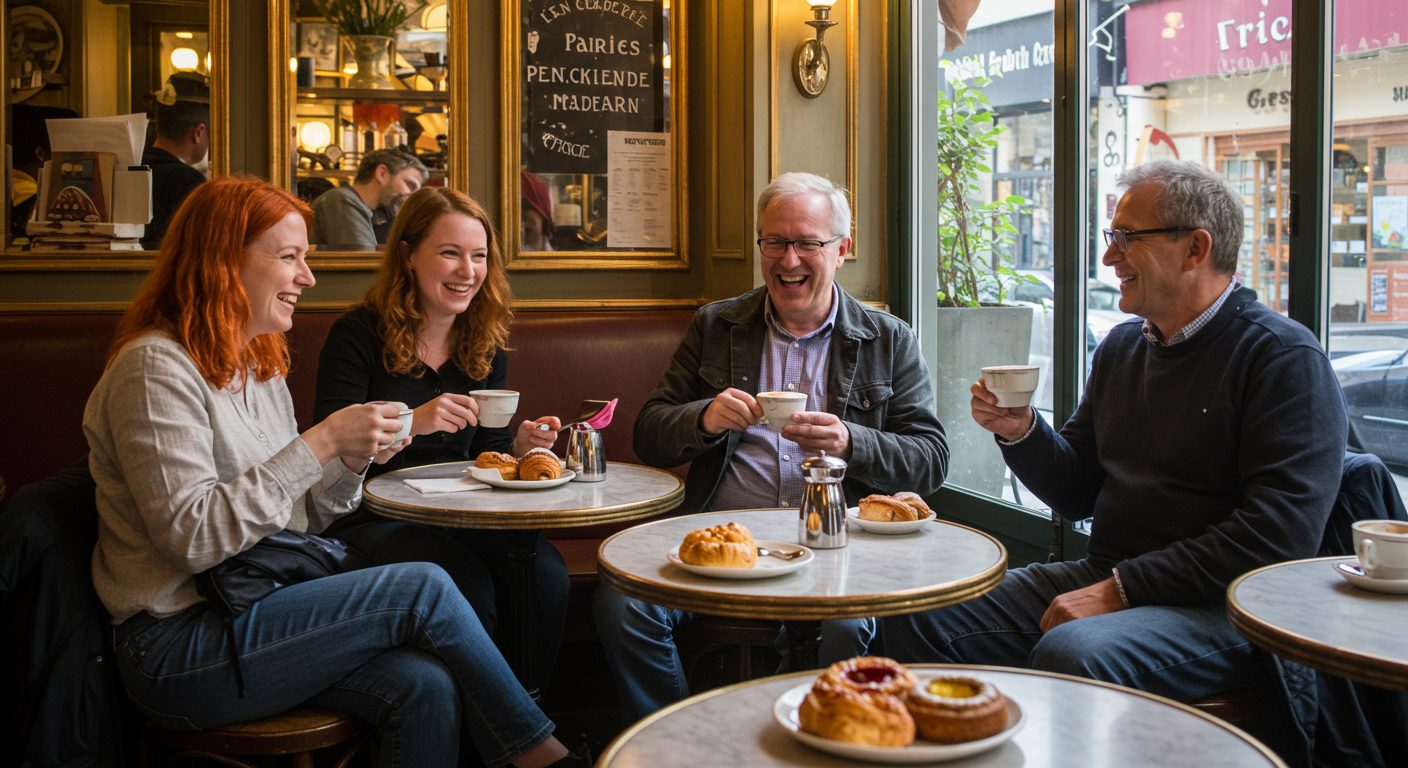

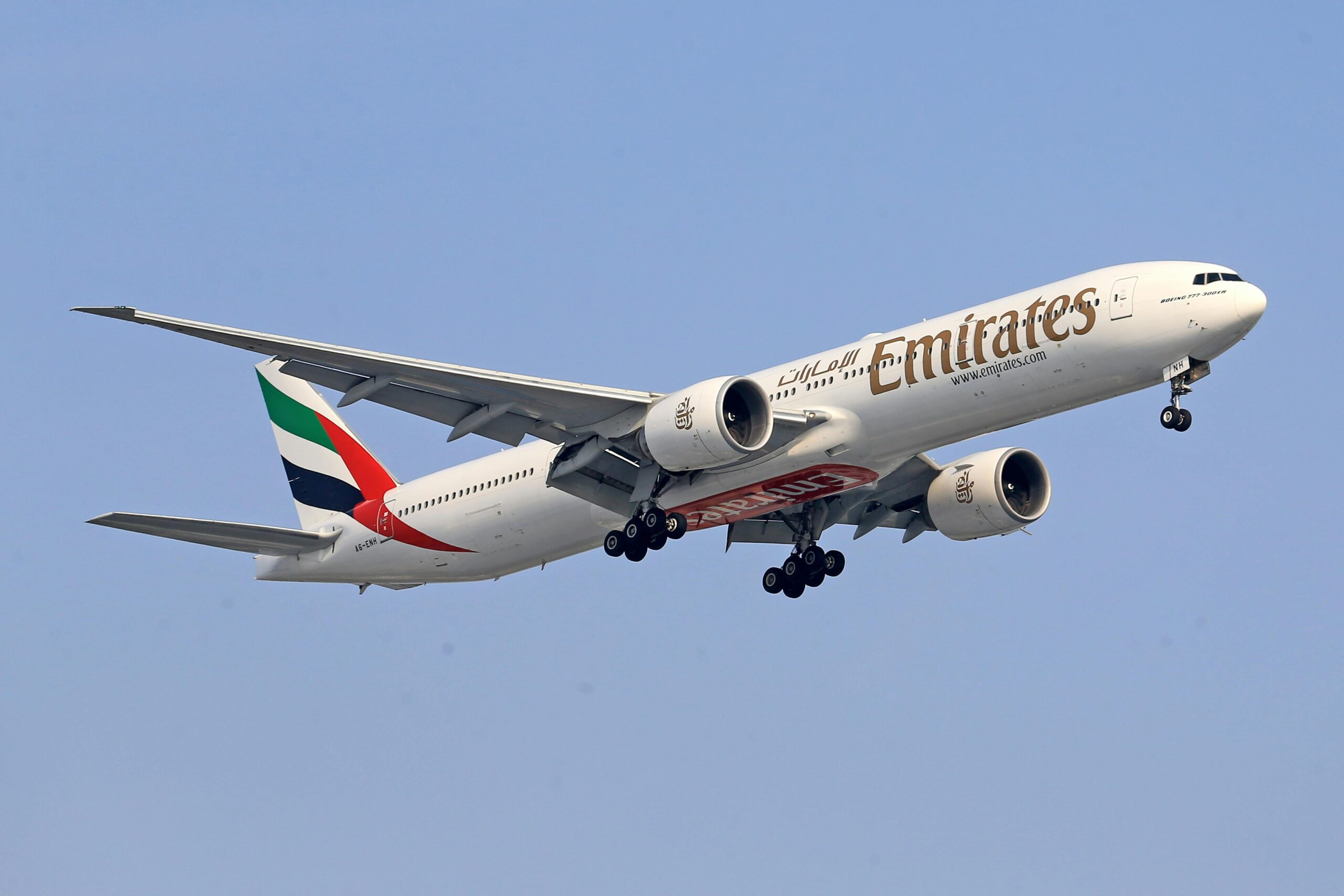
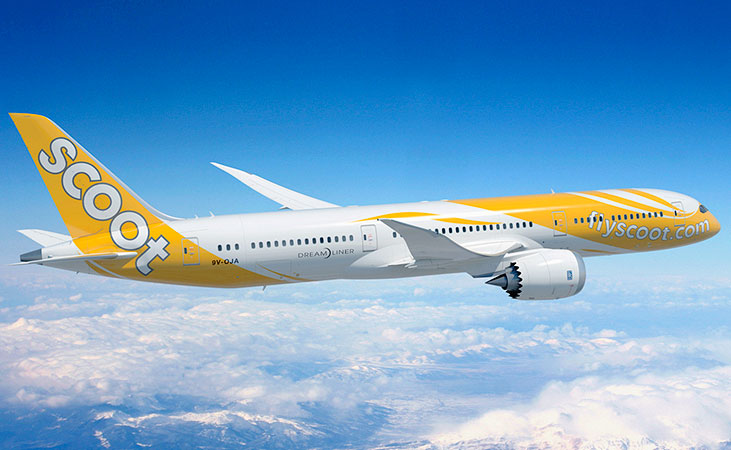
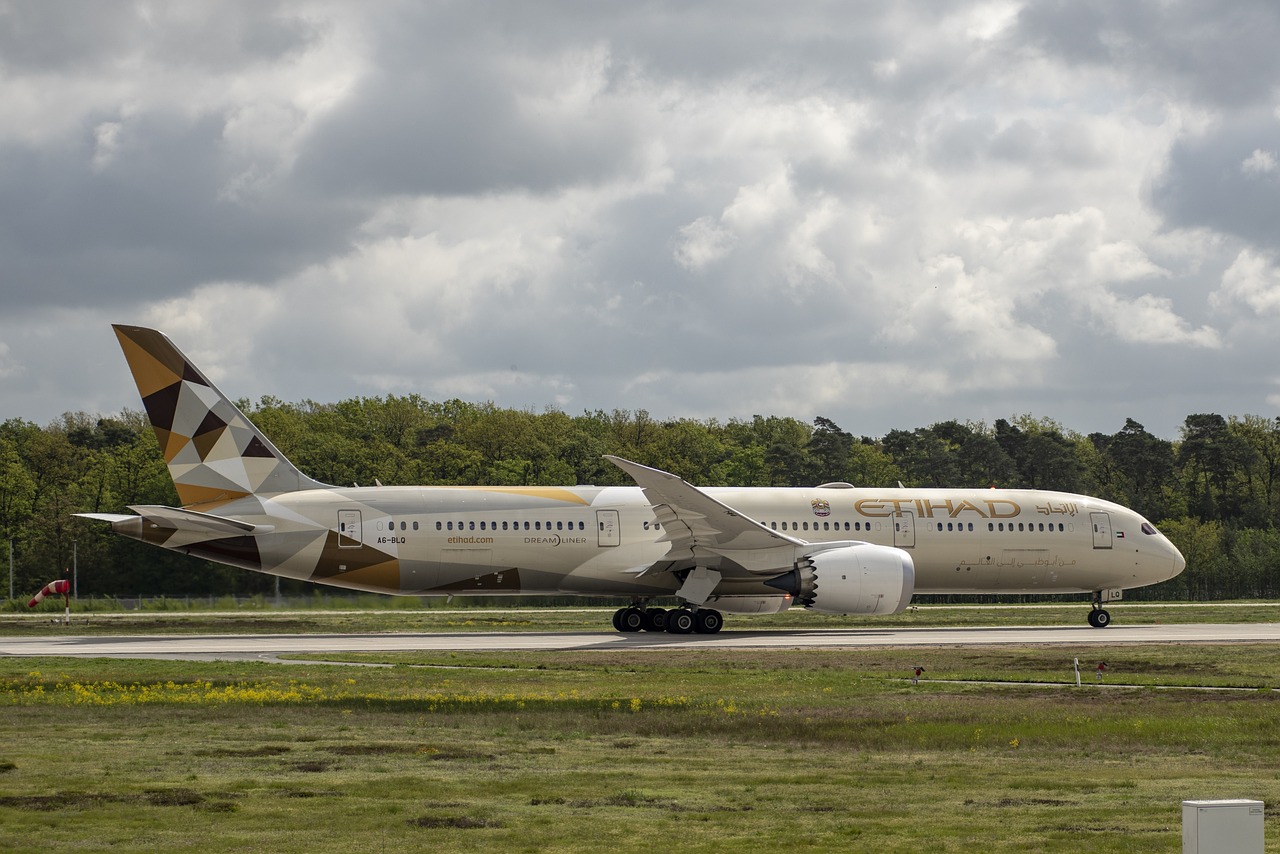
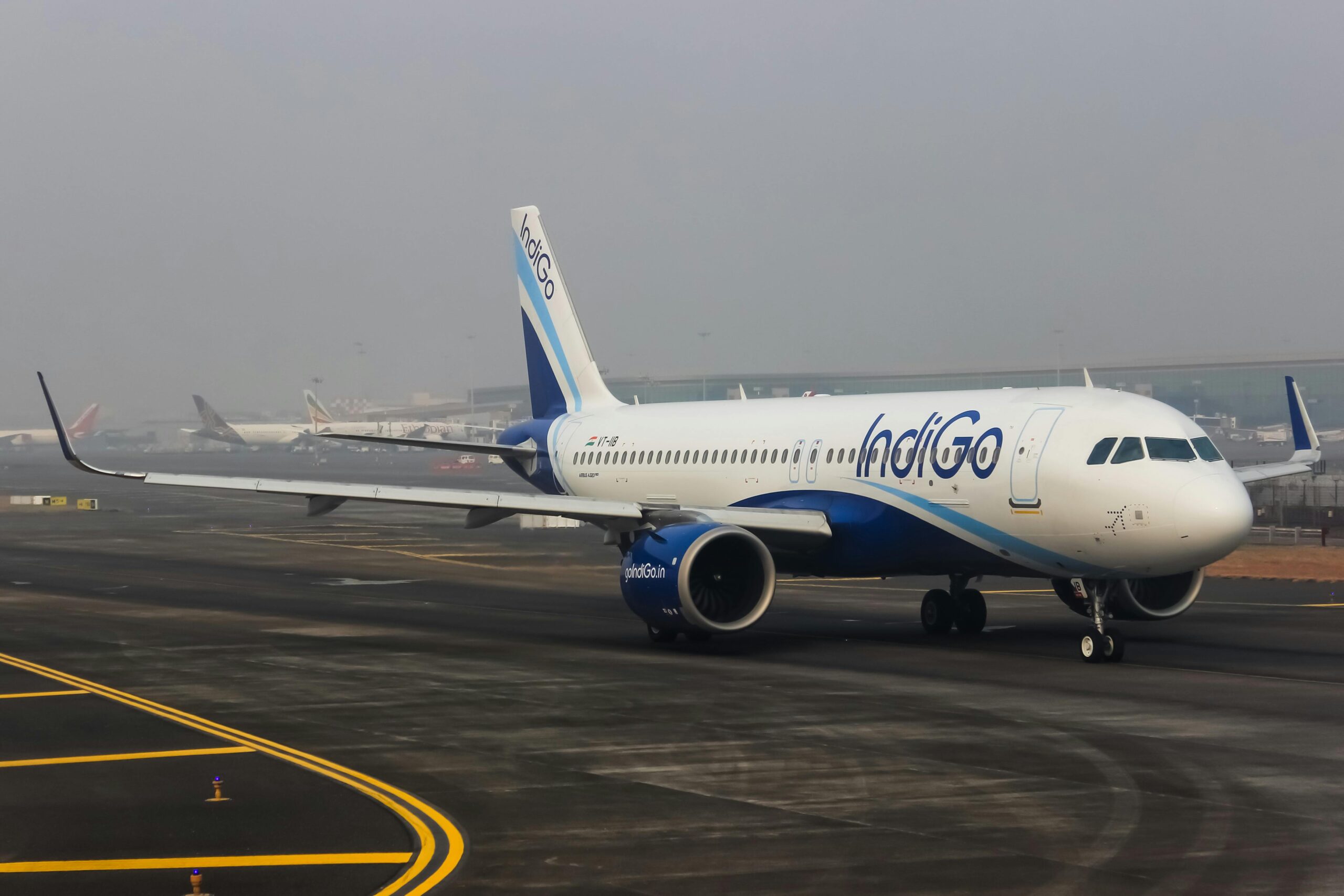
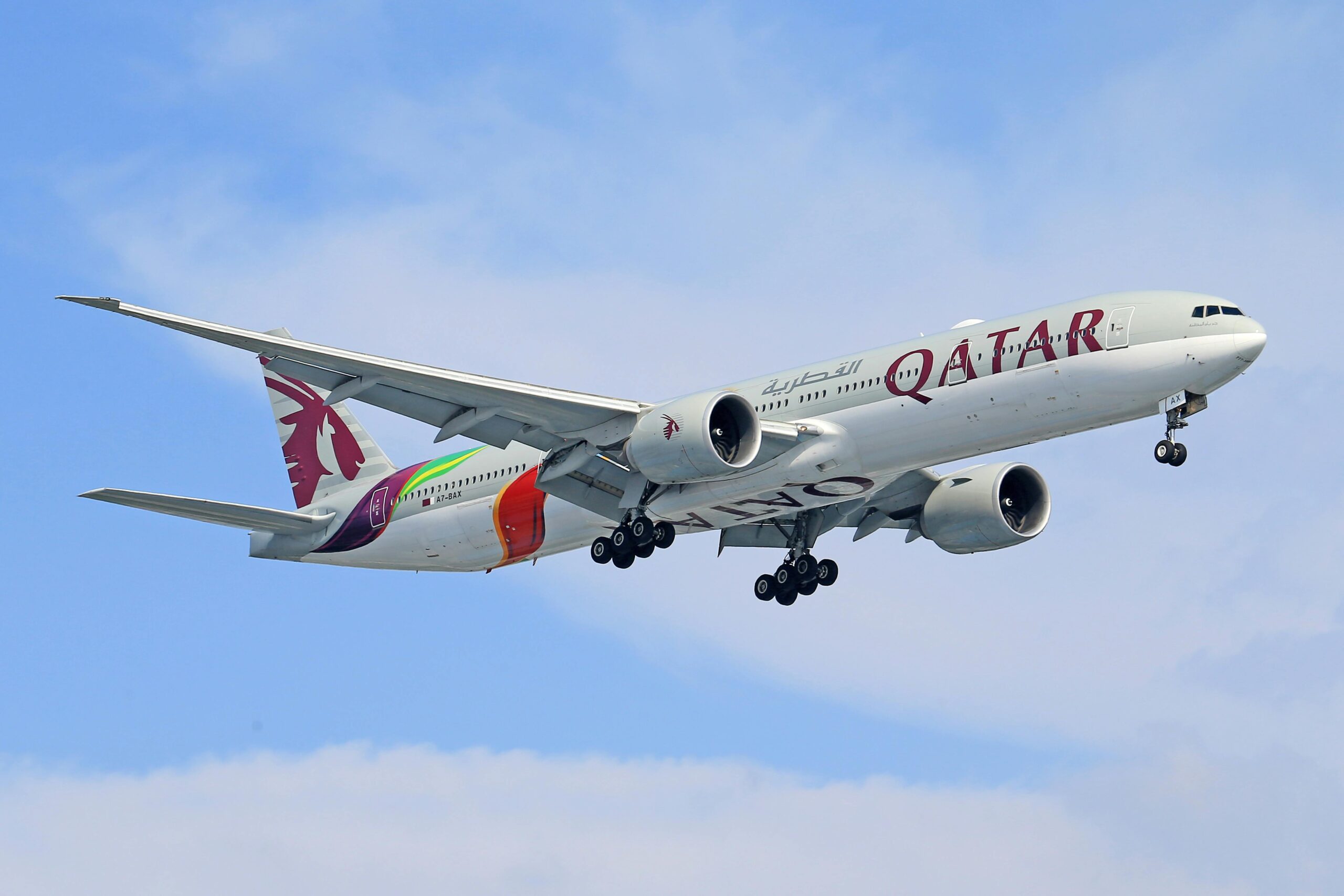




Leave a Reply